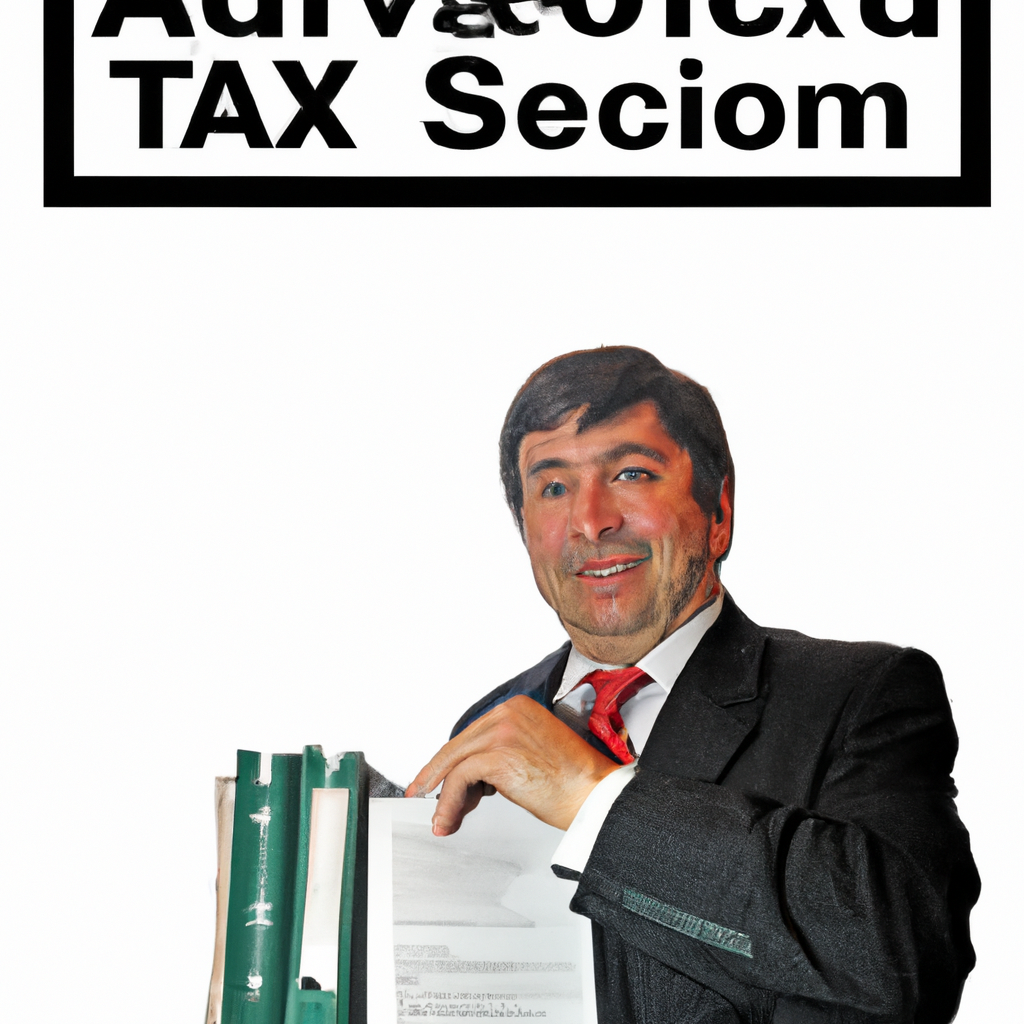Brokers Offering Tax-Advantaged Accounts
When it comes to managing your investments, finding a broker that offers tax-advantaged accounts can be a game-changer. These accounts provide various tax benefits that can help you maximize your savings and minimize your tax liability. In this article, we will explore the different types of tax-advantaged accounts offered by brokers and their advantages.
1. Individual Retirement Accounts (IRAs)
IRAs are one of the most popular tax-advantaged accounts offered by brokers. They come in two main types: traditional IRAs and Roth IRAs.
Traditional IRAs: Contributions to traditional IRAs are typically tax-deductible, meaning you can deduct the amount you contribute from your taxable income for the year. This can potentially lower your tax bill. However, keep in mind that withdrawals from traditional IRAs during retirement are subject to income tax.
Roth IRAs: Contributions to Roth IRAs are made with after-tax money, meaning you don’t get an immediate tax deduction. However, the major advantage of Roth IRAs is that qualified withdrawals in retirement are tax-free. This can be incredibly beneficial if you expect to be in a higher tax bracket during retirement.
2. 401(k) Plans
Many brokers also offer 401(k) plans, which are employer-sponsored retirement accounts. These plans allow you to contribute a portion of your salary on a pre-tax basis, meaning the money is deducted from your paycheck before taxes are applied. This reduces your current taxable income and allows your contributions to grow tax-deferred until retirement. Some employers even provide matching contributions, which is essentially free money towards your retirement savings.
3. Health Savings Accounts (HSAs)
Health Savings Accounts (HSAs) are another type of tax-advantaged account that some brokers offer. HSAs are available to individuals with high-deductible health insurance plans. Contributions to HSAs are tax-deductible, and the money grows tax-free. The real advantage of HSAs is that withdrawals used for qualified medical expenses are tax-free as well. This makes HSAs a powerful tool for managing healthcare costs and saving for medical expenses in retirement.
4. Education Savings Accounts
Brokers may also offer education savings accounts, such as 529 plans or Coverdell Education Savings Accounts (ESAs). These accounts are designed to help you save for educational expenses, whether it’s for your child’s college education or your own continuing education. Contributions to these accounts are not tax-deductible, but the earnings grow tax-free. Additionally, qualified withdrawals used for educational expenses are also tax-free.
5. Taxable Investment Accounts
While not tax-advantaged in the same way as the accounts mentioned above, taxable investment accounts still have their advantages. These accounts allow you to invest in a wide range of assets and have more flexibility in terms of withdrawal rules and contribution limits. Additionally, long-term capital gains tax rates can be lower than ordinary income tax rates, providing potential tax advantages when selling investments held for more than a year.
When choosing a broker, it’s important to consider your specific financial goals and needs. Assessing whether a broker offers tax-advantaged accounts and understanding the associated tax benefits can help you make an informed decision that aligns with your long-term investment strategy.
